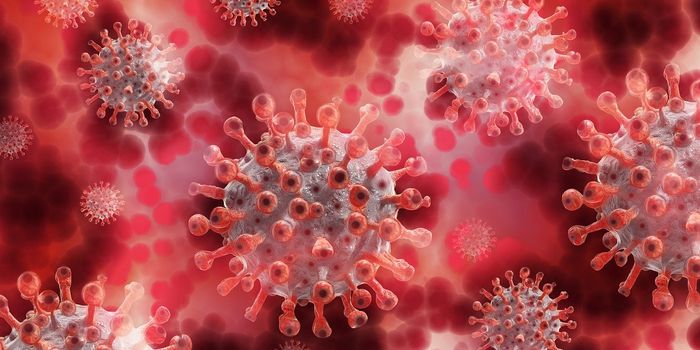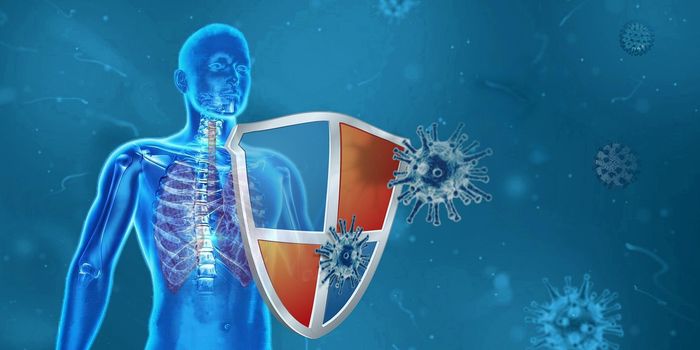Lariocidin - A New Class of Antibiotics is Discovered
Bacteria can easily evolve, and can quickly gain resistance to drugs. Drug-resistant bacterial infections already cause the deaths of millions of people every year, and that number is expected to rise as bacteria continue to evade the effects of more drugs. New antibiotics that are safe and effective are very challenging to develop. There has also been unfortunate news about how easily bacteria can develop drug resistance; in some cases they do not even need to be exposed to the drug.
However, there is now some good news. Researchers have discovered an entirely new class of antibiotics. The scientists have found a good candidate that could eliminate even some of the toughest bacterial pathogens that now infect people, and resist multiple drugs. This new candidate is called lariocidin, and it has been characterized in a new study in Nature.
This new molecule is a kind of lasso peptide, and its mode of attack is unlike any other antibiotic. Lariocidin can directly attach to a complex that generates proteins in cells, called the ribosome, in a novel way. When lariocidin binds to the bacterial ribosome, protein synthesis is prevented, and bacteria cells cannot grow or survive with synthesizing proteins.
"This is a new molecule with a new mode of action," said senior study author Gerry Wright, a professor at McMaster University, among other appointments. "It's a big leap forward for us."
Bacterial cells are often engaged in a battle for resources with other bacterial cells. So many bacteria produce antibiotics. Lariocidin is one example; it is made by bacteria known as Paenibacillus. In this case, the bacteria was collected from a soil sample.
The soil bacteria was grown for about a year, and during this time the researchers found that the Paenibacillus bacteria were making a compound that had a strong effect son other bacteria, including bacteria that are usually antibiotic resistant.
"When we figured out how this new molecule kills other bacteria, it was a breakthrough moment," said first study author Manoj Jangra, a postdoctoral fellow in the Wright lab.
Lariocidin doesn't only kill bacteria; it also doesn't harm human cells; it was effective in an animal model of infection; and right now, it does't seem like microbes will easily become resistant to its effects.
Now, the researchers are working on methods to generate large amounts of this compound so that more work can be done to make an effective medication.
"The initial discovery—the big a-ha! moment—was astounding for us, but now the real hard work begins. We're now working on ripping this molecule apart and putting it back together again to make it a better drug candidate," added Wright.
Sources: McMaster University, Nature









